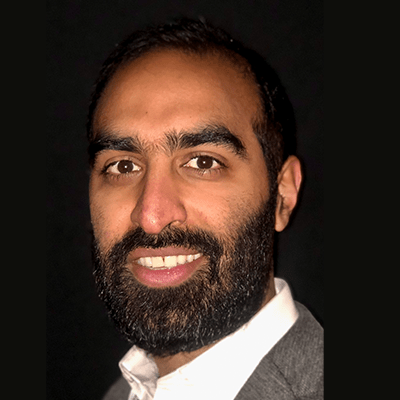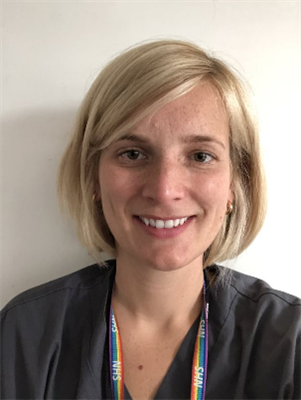


For: Dentists,

Consultant Oral Surgeon,
Guys & St Thomas Hospital (London, UK)
Mr Patel completed his specialist training in Oral Surgery at Guys & St Thomas Hospital. He successfully gained his CCST and specialist registration on the Oral Surgery list in 2014 and appointed as a consultant in 2016.
Mr Patel has a number of specialist areas. He has concentrated his service and research towards the oral and dental management of oncology patients. This includes those treated for head and neck cancer with radiotherapy as well as those given medications such as bisphosphonates, denosumab and a host of other cancer drugs implicated in osteonecrosis of the jaw. His particular interest is in osteonecrosis of the jaw and leads a tertiary service having managed over 1000 established cases of osteonecrosis of the jaw. In addition he has devised protocols to prevent osteonecrosis of the jaw reducing the risk to <1% in all cases.
Mr Patel also has a specialist interest in the conservative surgical and medical management of benign tumours and rare diseases of the jaw. He is chair of the odontogenic and rare diseases of the jaw forum where cases nationally are presented to allow for guidance and support from peers.
Mr Patel has over 175 publications in peer-reviewed journals and has presented his work at national and international conferences. He continues to be an active researcher with regards to osteonecrosis of the jaw and has grant funding as an investigator in excess of £9M. He has also served as a representative on a number of national dental committees including as a board member for the Faculty of Dental Surgery, Royal College of Surgeons England.

Emma Beecroft is a Clinical Doctoral Fellow and Honorary Oral Surgery Specialty trainee at Newcastle University. Emma is a Diplomate of the American Board of Orofacial Pain and is currently working towards both oral surgery specialist training and a PhD focussed on dissecting the cellular mechanisms driving trigeminal neuropathic pain.
Alongside her thesis Emma is involved in clinical research as the clinical lead and associate principal investigator for the MiTiGate clinical trial. Emma was also the primary author of the NHS Eng. Getting It Right First Time and RSC Eng. FDS ‘Management of painful Temporomandibular disorder in adults’ UK national guideline. Both of which aim to improve the quality, efficiency, and outcome of care for individuals living with persistent pain.
09:30 - 11:00, session 1
11:30 - 13:00, session 2
14:00 - 15:15, session 3
15:45 - 17:00, session 4
A, C, D,